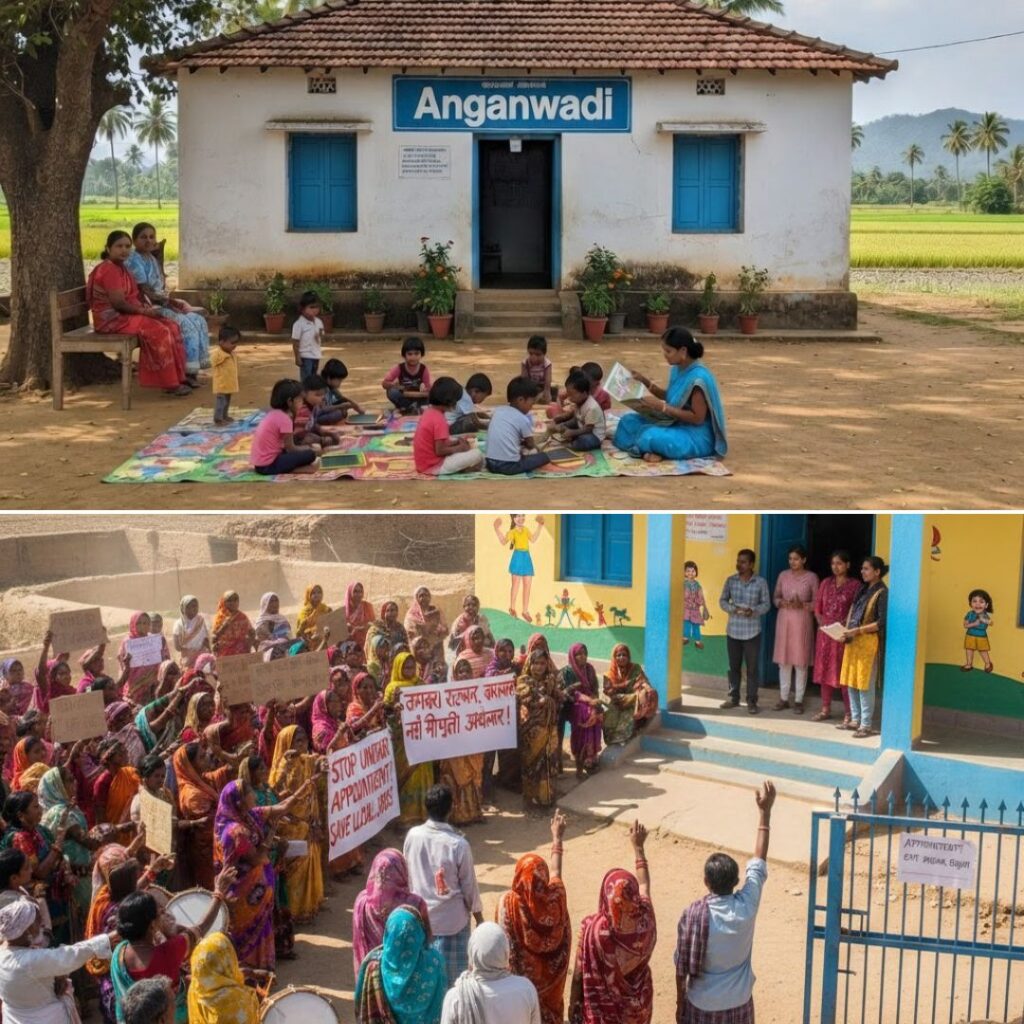The All India Survey on Governance Issues and Voting Behaviour 2018 released by ADR last year brought out some interesting findings. Out of more than 250,000 respondents, 36.67% of voters felt that people vote for candidates with criminal antecedents because they are unaware of his/her criminal records. About 35.89% of voters are also willing to vote for a candidate with criminal records if the candidate has done good work in the past. For 35.23% voters, caste and religious considerations are also key factors in choosing candidates with criminal records. For 34.75% of voters felt that people vote for criminal candidates because they feel that the cases against such candidates are not of serious nature. Another huge factor for 34.23% voters in voting for criminal candidates was that the candidate has spent generously in elections. It is further distressing to see that for 41.34% voters, distribution of cash, liquor, gifts etc. was an important factor behind voting a particular candidate in an election.
In view of the SC directions in its September 2018 judgment asking parties and their candidates contesting elections to declare their criminal antecedents by advertising them thrice in widely circulated newspapers and also in electronic media, ADR analysis found that National political parties collectively spent Rs 1.51 cr or 0.062% of the total expenditure on publishing criminal antecedents of the candidates while 25 Regional political parties spent Rs 2.08 cr or 0.37% under the same head during Lok Sabha elections 2019. 122 MPs elected to Lok Sabha last year spent a total of Rs 1.06 cr. Despite this move by SC to ensure that voters should have all information about antecedents of candidates to enable them to make an informed and competent choice, whether the publication of this information had any impact on the quality of the candidates elected to the 17th Lok Sabha is questionable.
As per ADR’s analysis, 29% of the winners had declared serious criminal cases while 43% of winners had declared criminal cases (risen from 30% in 2009). The average assets of winners amounted to Rs 20.93 crores and 475 or 88% (from 58% in 2009) out of 539 winners analysed were crorepatis. The chances of winning for a candidate with declared criminal cases in the Lok Sabha 2019 was 15.5% whereas for a candidate with a clean background, it was 4.7%. The chances of winning for a crorepati candidate in the Lok Sabha 2019 was 21%, whereas for a candidate with assets less than Rs. 1 crore was 1%. The Delhi State Assembly elections presented an even more grim picture. The newly elected assembly has 53% MLAs with declared serious criminal cases, 61% MLAs with criminal cases and 74% crorepati MLAs.
There is also a lack of discernible positive outcome of the 2002 landmark Supreme Court judgment that directed for a compulsory disclosure of the candidates’ financial, educational and criminal background while contesting elections. From 2009 to 2019, there has been an increase of 109% in the number of MPs with declared serious criminal cases. For the same period, there is an increase of 850% in the number of MPs with declared cases of crimes against women. It can be seen that increasing information dissemination through media and awareness created through civil society initiatives have not prevented the election of tainted or rich candidates to the Parliament or State Assemblies.
In this context, it becomes pertinent to ask whether access to candidates’ background information enables voters to use this knowledge in voting decisions and achieve the intended outcome. Milan Vaishnav in his book, ‘When Crime Pays: Money and Muscle in Indian Politics’ observes how average voters in many regions in India make no qualm about a candidate’s criminal background while exercising their franchise. He argues that they are making a calculation based on the tangled relationship between political effectiveness and criminal strength. This is found especially true for constituencies where social divisions driven by caste and/or religion are sharp and delivery of public services fail. According to Prof K.C. Suri of the University of Hyderabad, ‘Powerful people, even if criminals, offer a kind of parallel system of redressal’.
Will it then be fair to say that other factors such as caste identities, religion, Robin Hood figure, nationalism, a strong party face, extravagant election campaigns can supersede the concerns against growing criminality and expensive election campaigns of rich candidates? Do the voters, armed with information, often support candidates with criminal (and financially superior) reputations not in spite of their criminal bona fides, but because of them?
As political parties continue to field tainted candidates, questions must also be raised on the criminal-politician nexus which leaves voters with little or no choice.
The story of Vikas Dubey is a case in point that reiterates the long history of nexus between politicians and criminals….











